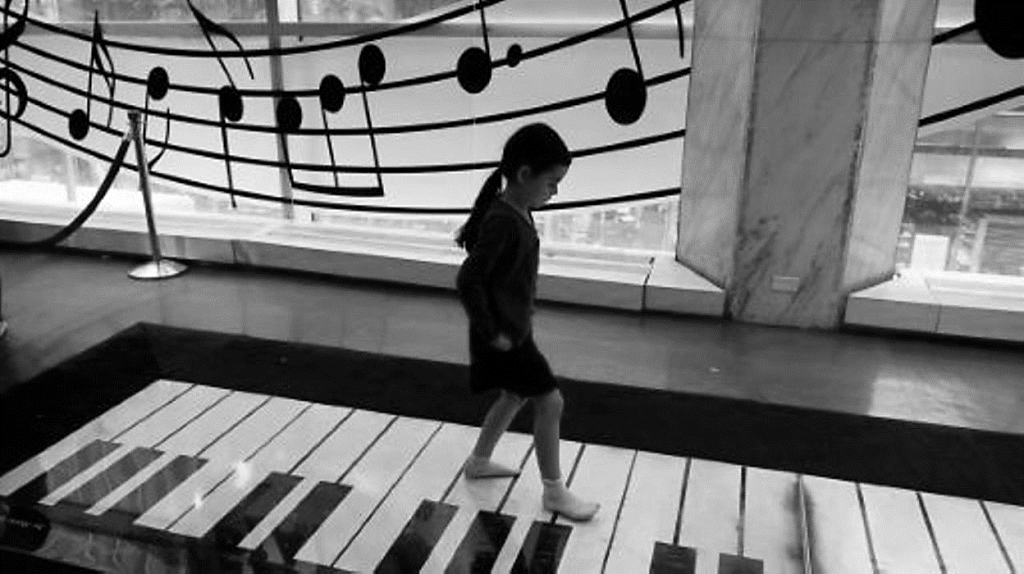This post is also available in Dutch.
What is amusia?
Amusia is a condition that can be inborn or may be acquired after a brain injury in the auditory cortex, the part of the brain that processes sound. Contrary to more general forms of deafness, only music abilities are impaired in people with amusia. Therefore, processing music features such as pitch, melody, and rhythm variation can be severely altered. The result is that it is impossible to process, memorize or reproduce a song properly.
It’s all about pitch, melody and rhythm
Diagnosing amusia requires a deep examination, as symptoms vary between individuals. Therefore, the level of impairment is evaluated on a case-by-case basis and can exhibit different clinical signs. In the acquired form of amusia, the level of music education before any symptoms occurred is taken into account for diagnosis. The three main skills which are generally tested are:
- Pitch perception: Being able to tell whether tone A is higher than tone B;
- Melody recognition: recognizing a sequence of tones as one, where it begins and where it ends;
- Rhythm perception: distinguishing long and short tones.
Pitch and Melody: High versus Low?
People with amusia will perceive a change in pitch only when there is a sizeable gap between the two notes, for example, the distance between the first two notes of Somewhere over the Rainbow. Moreover, characterizing a pitch variation between two isolated notes is easier than in the global context of a melody. Indeed, being able to spot where a phrase begins and ends in a series of notes is way more challenging for amusic people.
Rhythm: Fast versus Slow?
The alteration of rhythm processing affects the temporal dimension of our music perception. Concretely, not being able to perceive the proper rhythm means that there is no distinction made between long and short durations. Even if they can be independently impaired, pitch and rhythm perception are often complementary in our appreciation of music, thus it is believed that pitch processing difficulty can alter the development of rhythmic capacity .
Are you amusic?
So far, the best diagnostic tool available upon request is the Montreal Battery for the Evaluation of Amusia which consists of seven subtests, each comprising a pair of musical phrases which are either exactly the same or slightly differ in pitch, melody and/or rhythm. Anybody who has difficulties in processing music might want to test his/her skills. As an example, here is a freely accessible online test.
Until now, there is no commonly approved rehabilitation method, but it is a work in progress. Moreover, understanding music processing disability might shed light upon language learning disability. Even though music and language are processed differently in our brain, more and more studies are suggesting that there is a reciprocal benefit between music and language skills.
Author: Kim Beneyton
Buddy: Floortje Bouwkamp
Editor: Rebecca Calcott
Translator: Wessel Hieselaar
Editor Translation: Jill Naaijen
